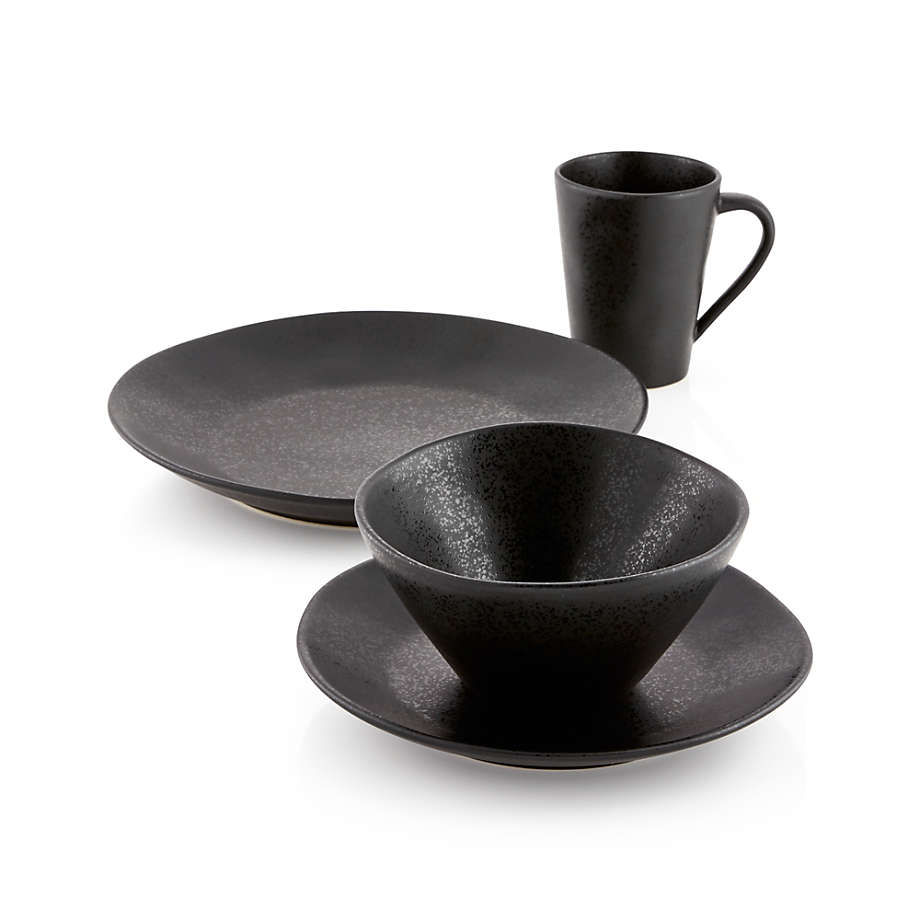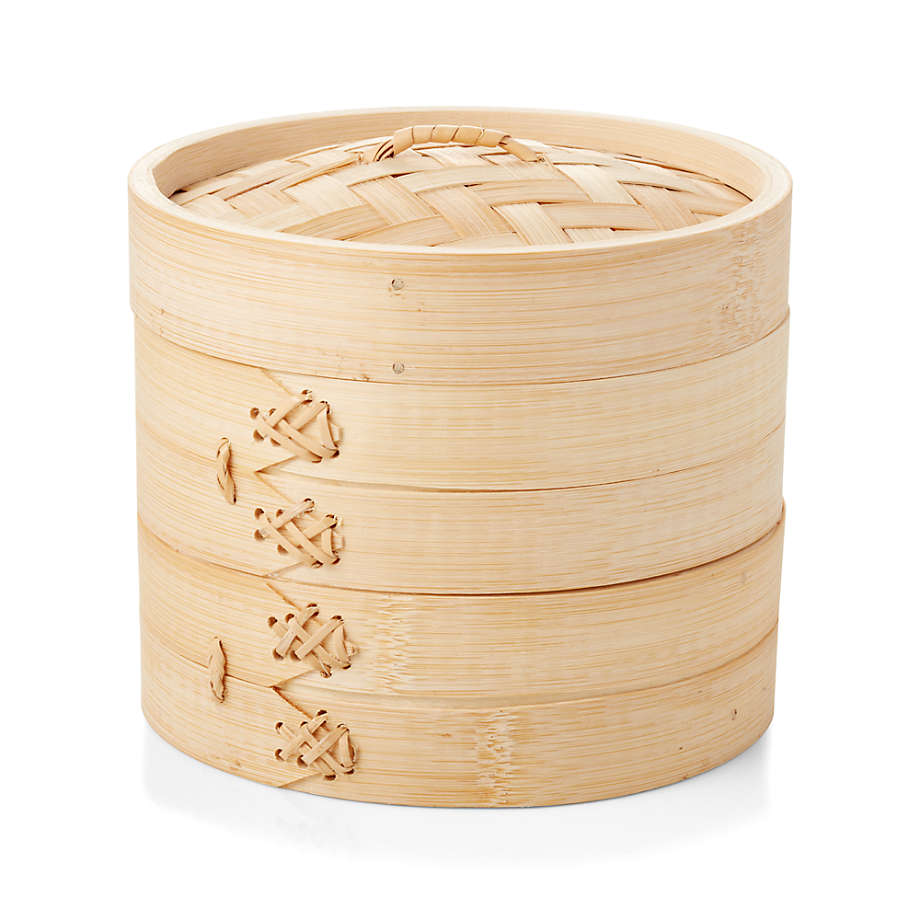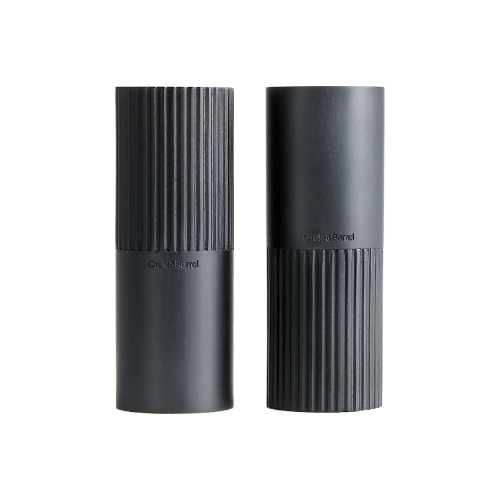Ultimate Guide to the Health Benefits of Gluten-Free Vietnamese Pickled Carrots and Daikon: A Whole Health Flexi-Plan Essential
Incorporating Gluten-Free Vietnamese Pickled Carrots and Daikon into one's diet presents a unique opportunity to enjoy a dish that is not only vibrant and flavorful but also packed with numerous health benefits. This guide aims to shed light on how this delectable side dish, steeped in the tradition of Vietnamese cuisine, serves as an essential component of the Whole Health Flexi-Plan diet. Through fermentation, this recipe enhances its nutritional profile, offering a bounty of probiotics, vitamins, and minerals crucial for maintaining a balanced diet and optimal health.
The Power of Probiotics in Pickling
The Fermentation Process and Gut Health
Fermentation, a method used for centuries to preserve food, naturally produces probiotics, beneficial bacteria that play a crucial role in maintaining gut health. The lactic acid bacteria involved in fermenting carrots and daikon transform the vegetables, not only extending their shelf life but also enhancing their bioavailability of nutrients. This process creates a rich probiotic food source that can improve digestion, enhance nutrient absorption, and support a healthy gut microbiome, which is vital for overall wellness.
Boosting Immune Function
The consumption of fermented foods like pickled carrots and daikon introduces beneficial probiotics to the digestive system, where a significant portion of the body's immune system is located. These probiotics help in regulating the immune response, reducing the risk of infections and inflammation by enhancing the body's natural defenses. Regular consumption of probiotic-rich foods can therefore play a part in fortifying the body's immune system against common pathogens.
Nutritional Profile of Key Ingredients
Carrots: A Beta-Carotene Bonanza
Carrots are well-known for their high beta-carotene content, a precursor to vitamin A, which is essential for maintaining healthy vision and skin integrity. Beta-carotene also possesses antioxidant properties, helping to neutralize harmful free radicals in the body, thus reducing the risk of chronic diseases. Furthermore, the fiber in carrots aids digestion and helps in blood sugar regulation, making them a nutritious addition to any meal.
Daikon: The Detoxifier
Daikon radish, a cruciferous vegetable, is packed with enzymes that aid in digestion and help detoxify the liver. It is also a good source of vitamin C, potassium, and phosphorus. Its natural compounds support the body's detoxification pathways, promoting liver health and facilitating the removal of toxins.
The Unseen Benefits of Apple Cider Vinegar
Apple cider vinegar, a key component in the pickling liquid, is celebrated for its health benefits, including its ability to help balance blood sugar levels. The acetic acid in apple cider vinegar can improve insulin sensitivity after meals, making it a valuable dietary addition for those managing diabetes or looking to stabilize their blood sugar. Additionally, its properties can aid in weight management by promoting satiety and reducing appetite.
Gluten-Free Living with Vietnamese Pickled Carrots and Daikon
Navigating a Gluten-Free Diet
For individuals with celiac disease or gluten sensitivity, finding delicious and nutritious gluten-free options is essential for maintaining health and wellbeing. Gluten-Free Vietnamese Pickled Carrots and Daikon is a safe, flavorful, and nutritious choice that can enrich the diet without the risk of gluten contamination, providing a satisfying and healthful option for those adhering to a gluten-free lifestyle.
The Whole Health Flexi-Plan Diet: A Perfect Match
This dish exemplifies the balance and flexibility at the heart of the Whole Health Flexi-Plan diet. By combining nutrient-dense vegetables with the healthful process of fermentation, this recipe offers a blend of vitamins, minerals, and probiotics that support a holistic approach to health. Its versatility and health benefits make it an ideal choice for those seeking to maintain a balanced and flexible eating plan.
The Antioxidant Advantage
Fighting Inflammation and Oxidative Stress
The antioxidants present in carrots, daikon, and apple cider vinegar work synergistically to combat oxidative stress and inflammation within the body. These natural compounds help to protect cells from damage, reduce the risk of chronic diseases, and support overall health and longevity.
The Low-Calorie, High-Nutrient Solution for Weight Management
Satiety Without the Sacrifice
Offering a blend of fiber, water, and essential nutrients with minimal calories, Gluten-Free Vietnamese Pickled Carrots and Daikon is an excellent choice for those aiming to manage their weight while ensuring nutritional adequacy. The fiber content promotes feelings of fullness, aiding in weight control and preventing overeating.
The Sustainable Choice for a Healthy Diet
Organic Farming and Nutrient Retention
Opting for organically grown ingredients for this dish not only supports sustainable agricultural practices but also ensures that the vegetables retain a higher nutrient profile. Organic farming avoids the use of synthetic pesticides and fertilizers, reducing exposure to harmful chemicals and potentially enhancing the health benefits of the ingredients used in this recipe.
Who Can Benefit from Gluten-Free Vietnamese Pickled Carrots and Daikon?
Tailoring to Dietary Needs
This versatile dish is suitable for a wide range of dietary plans, including vegan, paleo, and gluten-free diets. Its rich nutritional profile supports various health goals, from improving digestion and boosting immune function to managing weight and reducing the risk of chronic diseases. Whether as part of a meal or as a healthful snack, Gluten-Free Vietnamese Pickled Carrots and Daikon is a nutritious choice that can complement diverse dietary needs and preferences.
Kitchen Tool We Love:




